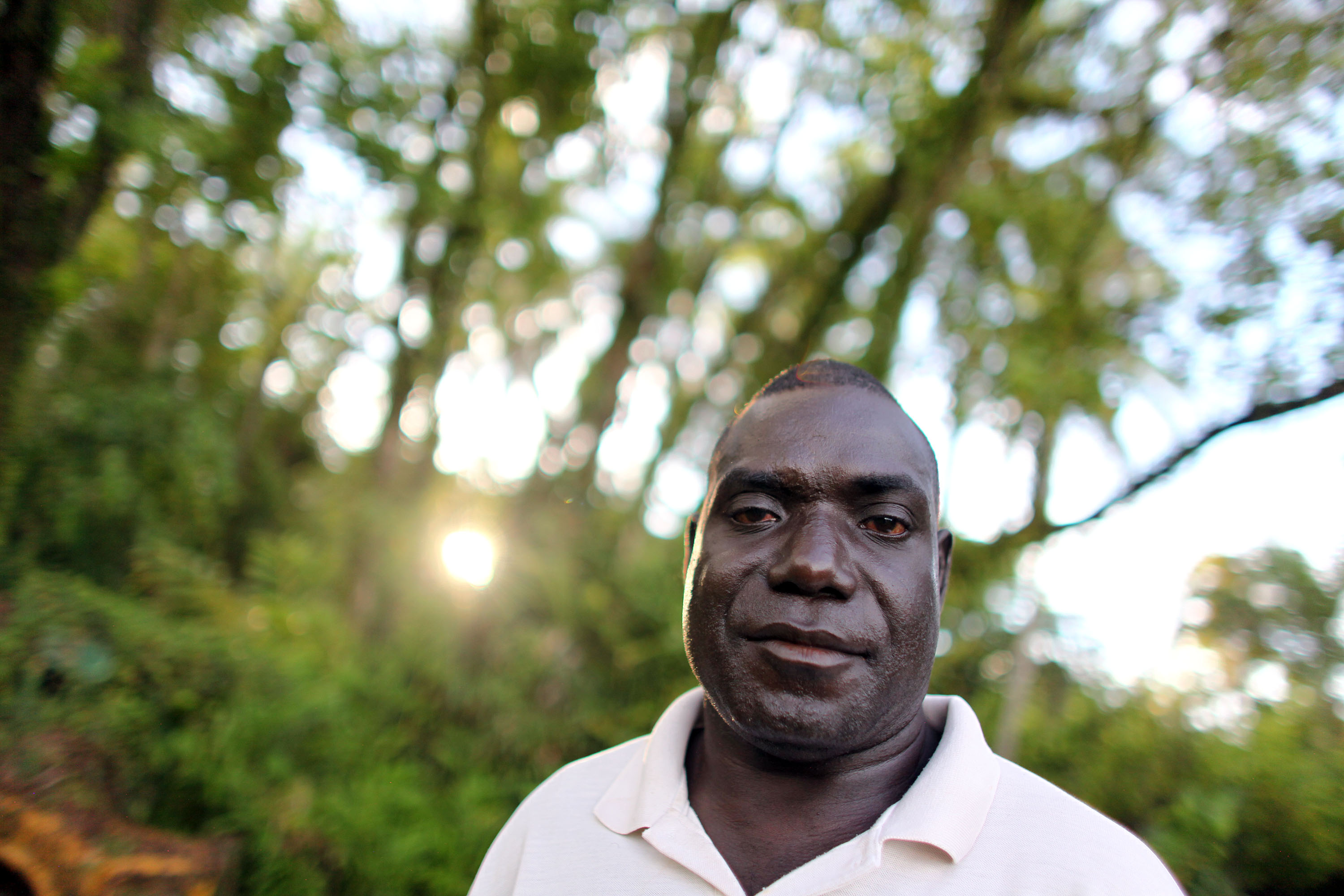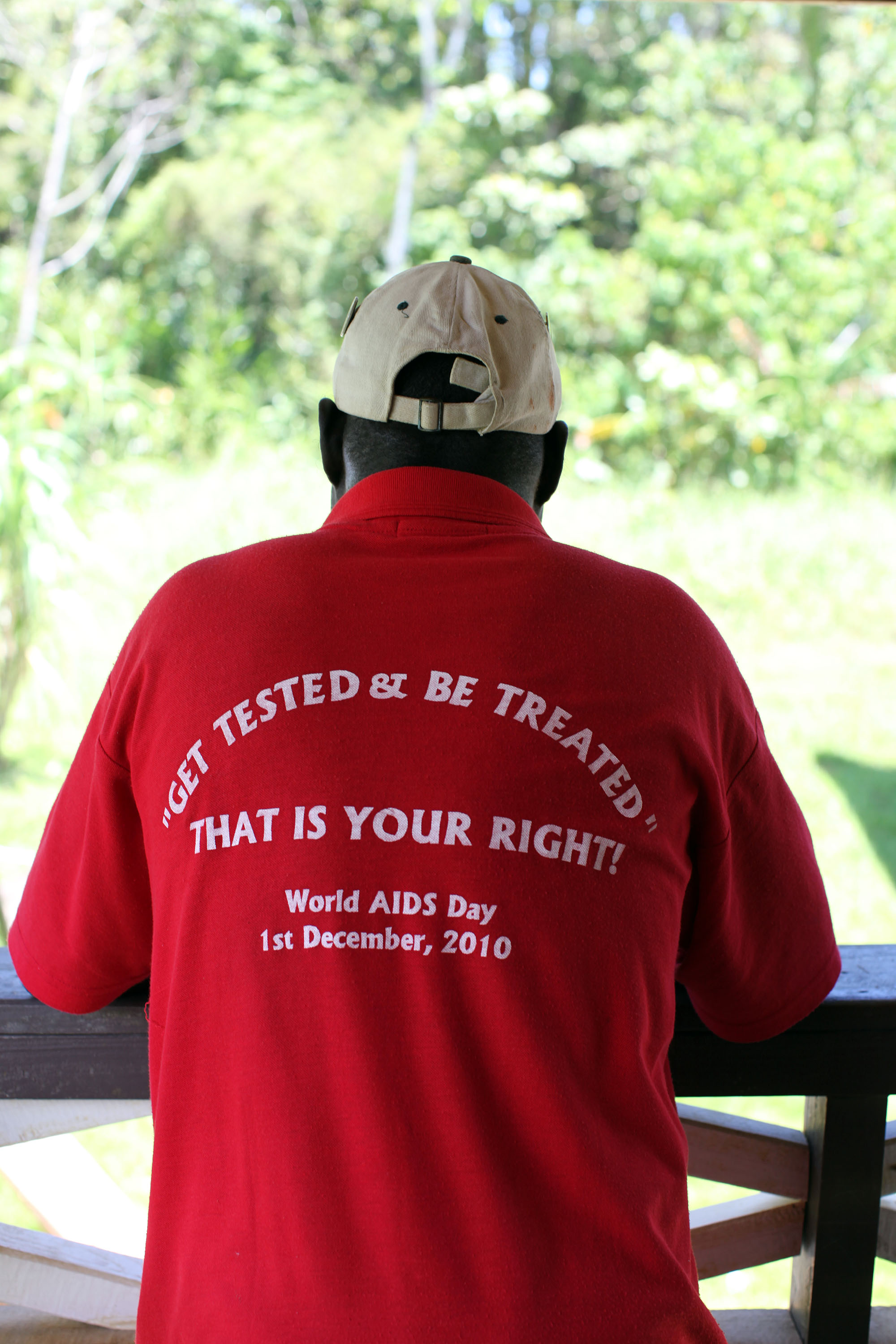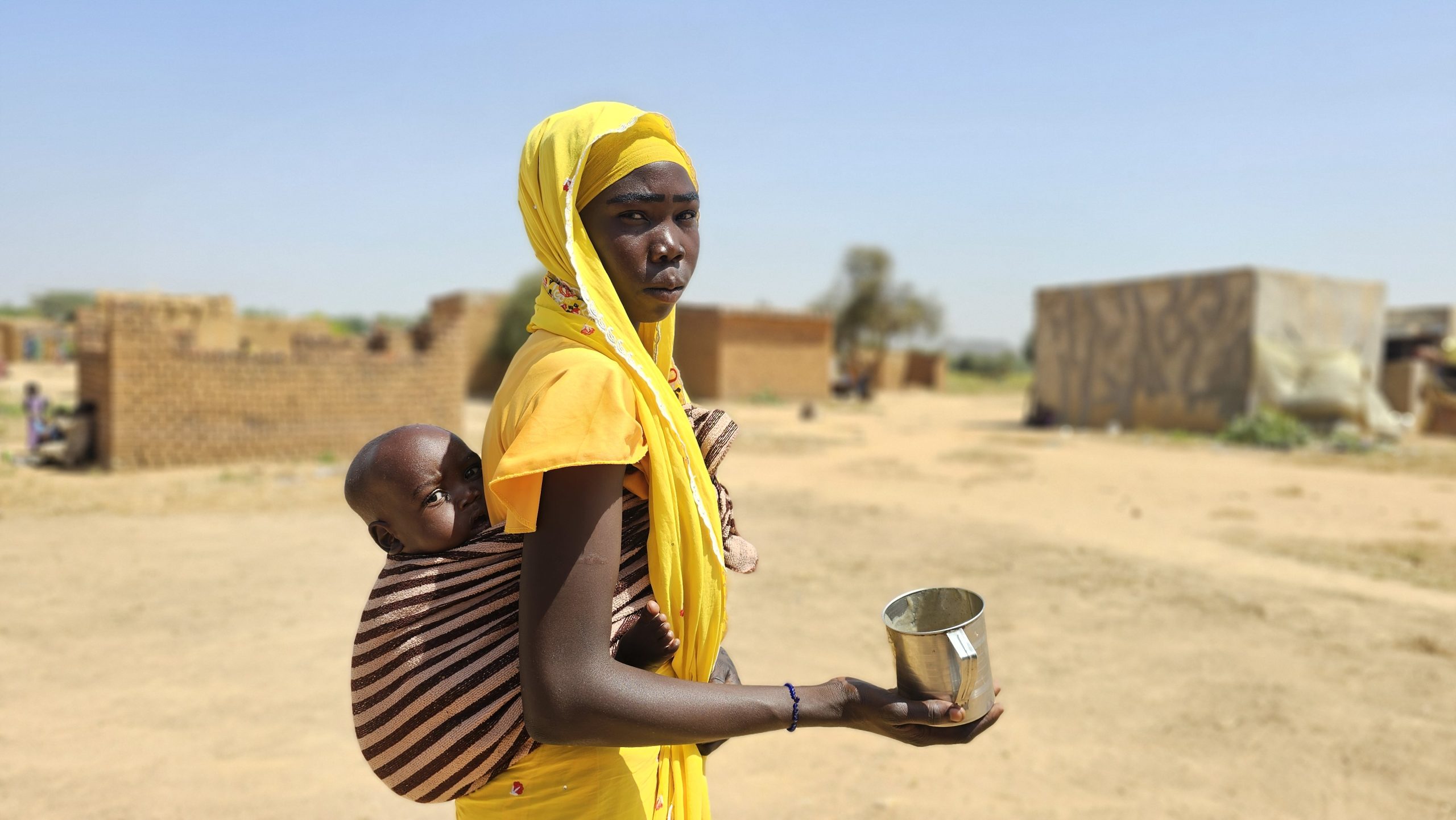by Lyrian Fleming, CARE’s Education Coordinator
Sylvester Pokona is just 38 years old, but has the life experience of a man much older. A survivor of the Bougainville crisis – the civil war which gripped Bougainville in Papua New Guinea from 1988 to 1990, all the events of his life since then have been impacted by the conflict, including his status as a person living with HIV.

When the crisis overtook Bougainville, Sylvester joined the Bougainville Revolutionary Army (BRA) and was separated from his wife and children. The conflict, which began over a dispute between local landowners and mining company Rio Tinto, tore apart many families in the region as men left their villages to fight, were imprisoned, and sometimes killed.
“During the crisis families got separated. Some marriages were broken because maybe the husband or wife might be from a different part of PNG, and then, if you weren’t from Bougainville you had to leave. When those people went away, or those people stayed back, the father or the mother was separated from the rest of the family,” explains Sylvester.
Sylvester’s family suffered this same fate, with the conflict driving him apart from his family. “I was married, I have kids, two daughters, and most of the time during the crisis I was traveling to the Solomon Islands and …I was leaving my wife and my two kids, so what happened, because of the problems, we got separated.”
“And when we got separated I went away with a troubled mind…I thought that I’m going to find a peaceful life somewhere with somebody else, but instead I got infected,” says Sylvester.
Though Sylvester only confirmed his HIV status in 2010, he believes he contracted the disease in 2002. For eight years Sylvester had no confirmation of his HIV status, and was also not receiving any antiretroviral treatment, which left him vulnerable to entering the full blown AIDS stage.
“When I first got sick in 2003, my weight was 72 [kilograms], so I lost eight kilos. The other two times I got sick…I was admitted to hospital…this was where actually the doctor diagnosed me and he told me to get an HIV test,” says Sylvester.

Sylvester is just one of the many people affected by the HIV/AIDS epidemic in Papua New Guinea. In 2009, over 34,100 people were reported to be living with HIV. High risk behaviors within the country are fuelling the epidemic including low condom use, people having multiple sexual partners, and low rates of HIV/AIDS education and awareness.
Since finding out his HIV positive status, Sylvester has become an impressive leader and advocate for persons living with HIV in his community, and is a member of Bougainville Friends, an HIV/AIDS network supported by CARE.
“The aim of Bougainville Friends is to network with all the Persons living with HIV in Bougainville, and to fight discrimination,” says Sylvester. As part of CARE’s support, Sylvester has received training in leadership, project planning, and HIV/AIDS which he uses on a daily basis to help educate the community and strengthen the Bougainville Friends network. This includes working with CARE’s KTA Youth Peer Educator program which is educating young adults in HIV/AIDS awareness, and also peer education techniques, public speaking, and leadership.
Since publicly declaring his HIV status on World Aids Day, the 1st of December, in 2010, Sylvester has spoken to hundreds of Bougainvillians, particularly youth who are more vulnerable to contracting the disease, about the risks and realities of HIV, and also provided support for others living with HIV. Strong and healthy now he is taking anti-retrovirals, Sylvester has big plans for Bougainville Friends, and for himself.
“My wish is for Bougainville Friends to become a national body…with sustainable projects. From what I have learned from working with CARE, I am somebody now. I have learned a lot from them and I hope that I will continue to work with them, we will work together… to help prevent the spread of HIV.”

